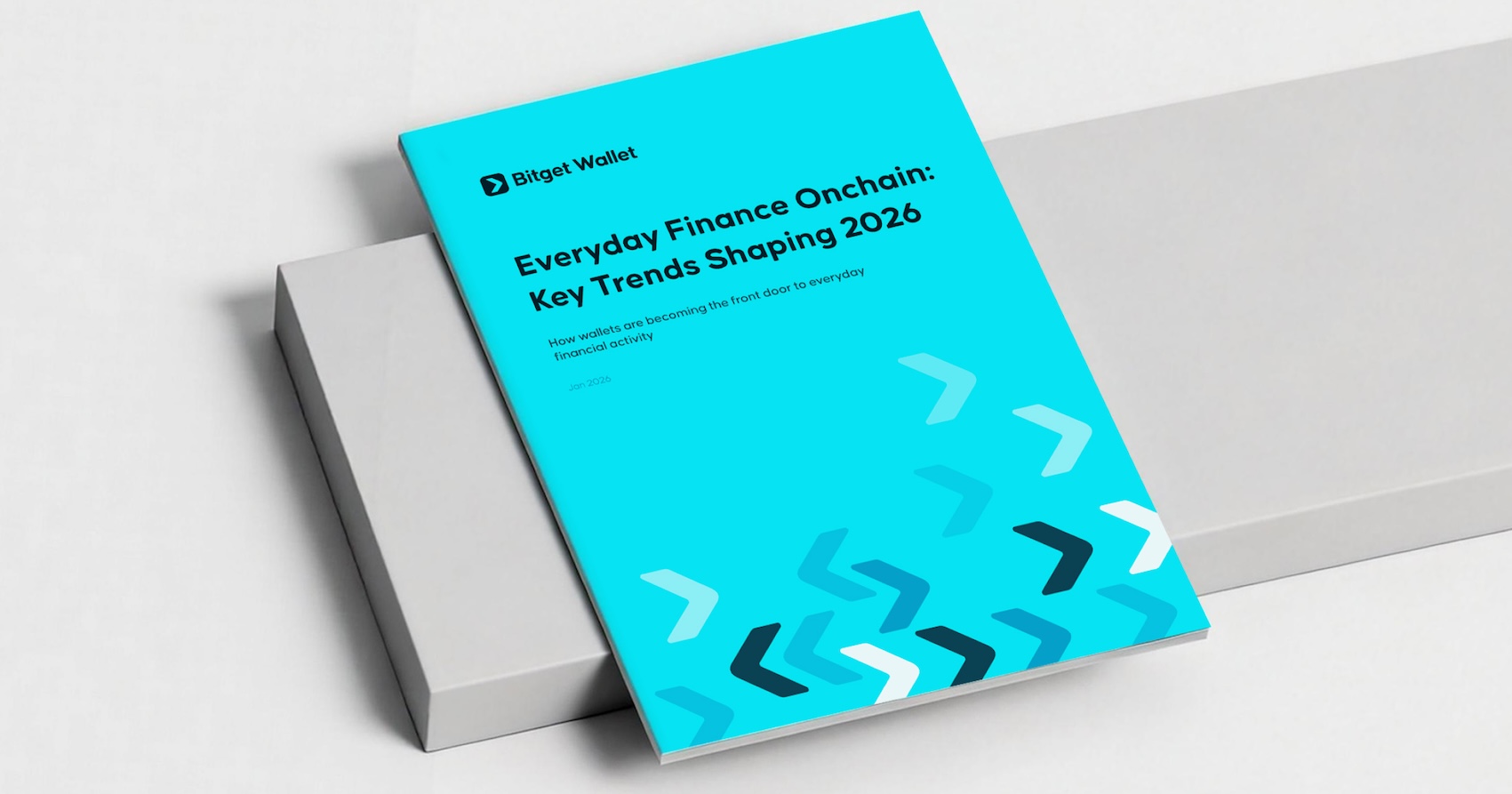Stay Vigilant Against Social Engineering Scams: A 835,000 USDC Fraud Case Analysis
Announcements
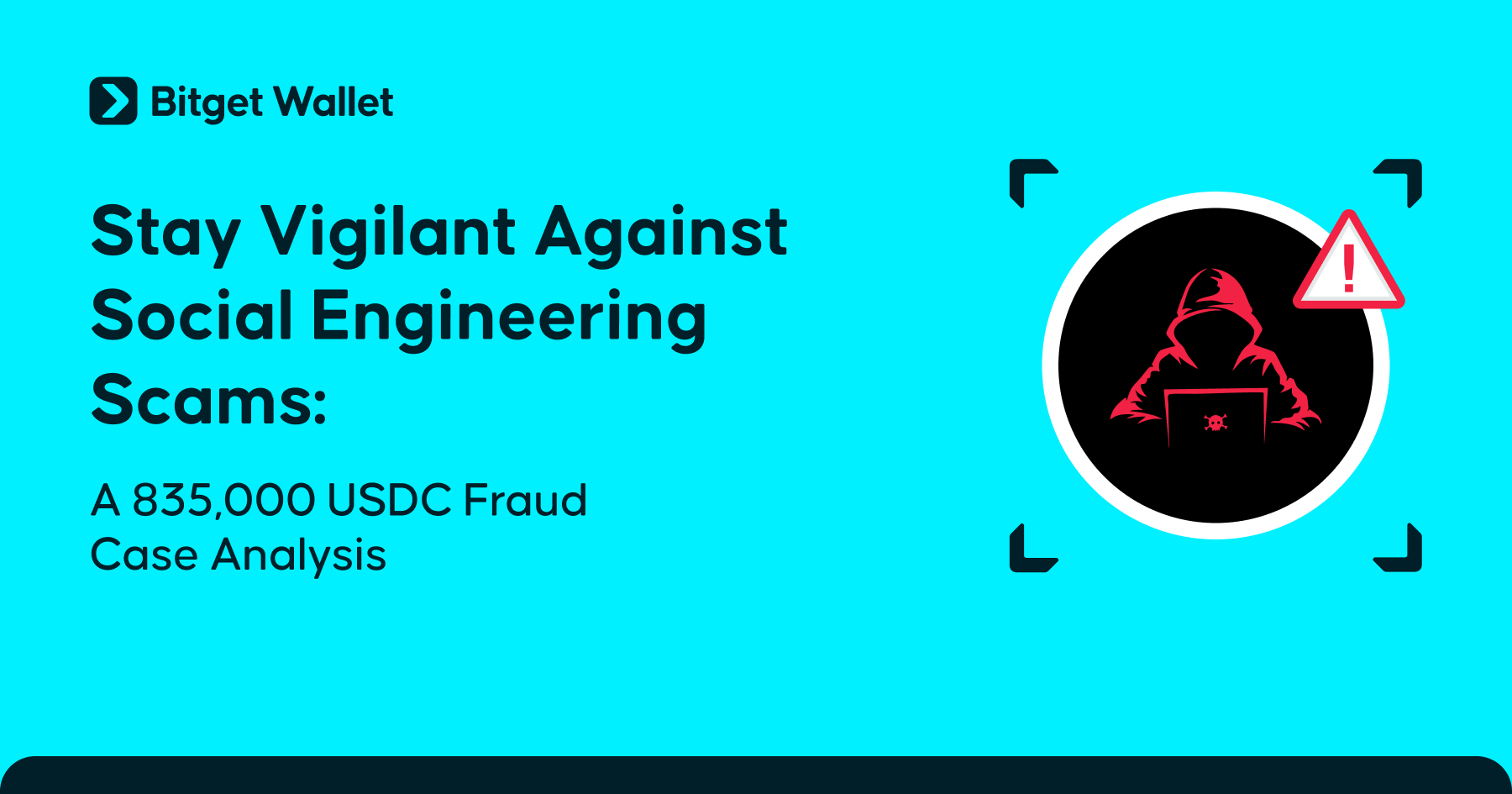
As the crypto market continues to grow,
social engineering scams have become one of the most dangerous threats to digital assets. These scams disguise themselves as trusted individuals or platforms, using tactics like friendly conversations, fake identities, and malicious DApps to trick users into revealing sensitive information or granting harmful authorizations. They often target active investors and operate gradually, making the scam feel convincing and hard to detect until it’s too late.
Recently, one of our users fell victim to a textbook social engineering scam. It began with a casual Facebook interaction and ended with the loss of
835,000 USDC. By sharing the details, we hope to help you spot the warning signs and avoid similar traps.
How the Scam Unfolded
1.
Social Approach
The victim connected with a woman named “Alice Chen” on Facebook, who claimed to be from Taiwan. She used promises of “high-yield investments” to persuade the user to click a fake DApp link containing the word “Ronbinhood", designed to mimic the well-known Robinhood platform. The scammer shared fake ID photos to appear more credible and guided the user to deposit funds into the fraudulent DApp.
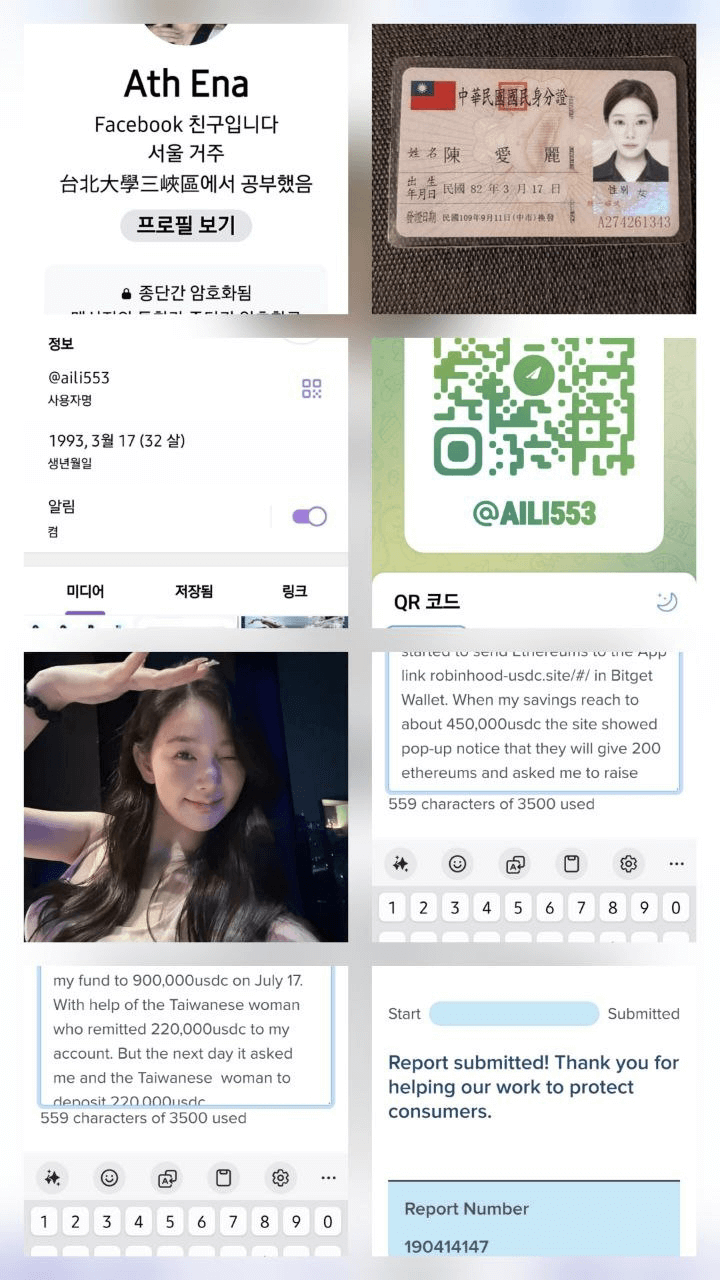
When the user accessed the link via Bitget Wallet, our system displayed a security warning: "Phishing Website Risk Warning". Unfortunately, the user ignored it, proceeded, and unknowingly granted the fraudster unlimited transfer permissions for their USDC.
2.
Asset Transfers to Scam Contracts
From June 10, 2025, the victim repeatedly transferred USDC to the scam’s contract address on Ethereum, believing they were investing. Over time, the total loss reached 835,000 USDC—all under the scammer’s control.
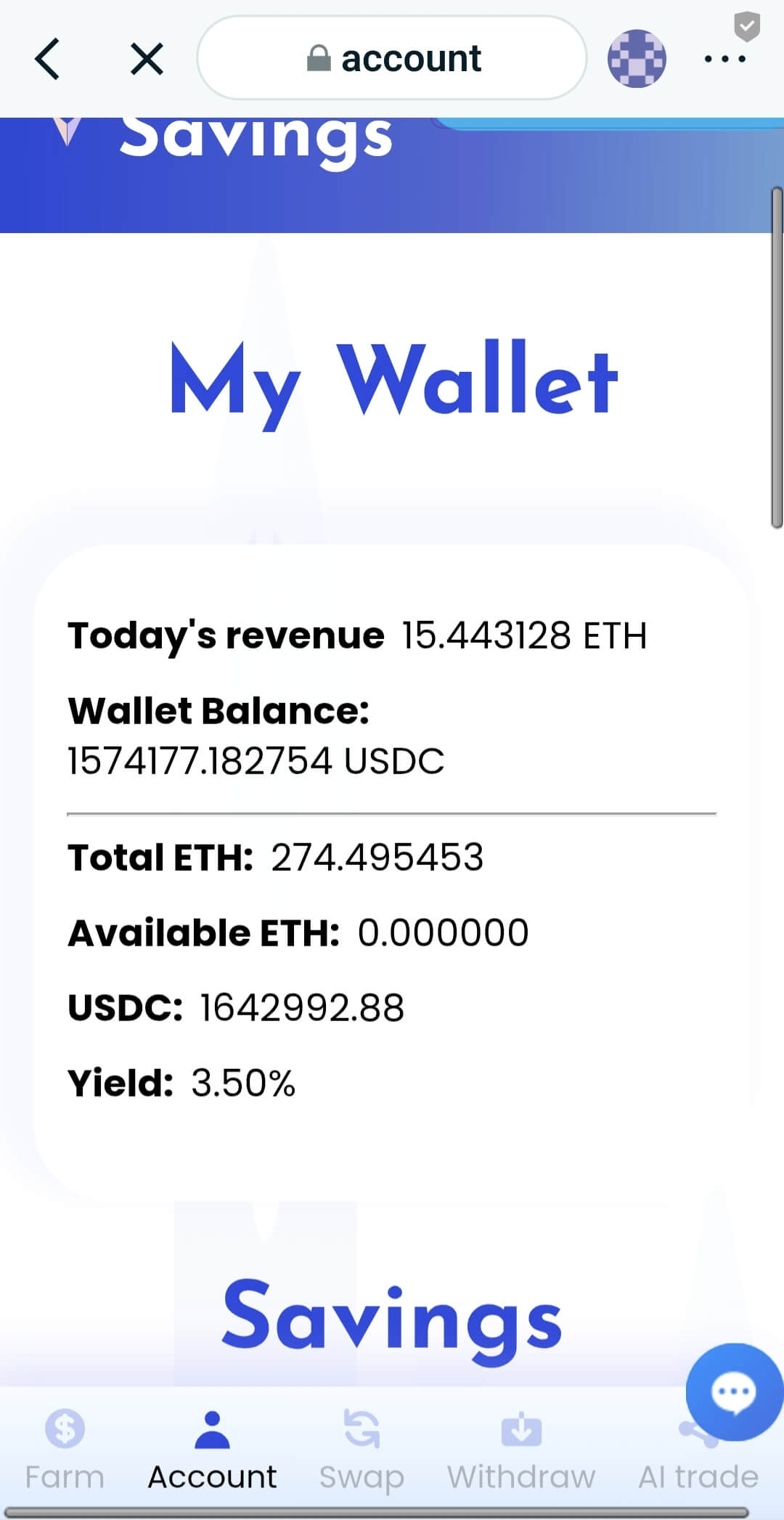
3.
Fake “Investigations” and Pressure Tactics
On July 18, 2025, the victim tried to withdraw funds but was stopped by a new DApp message demanding an extra 220,000 USDC to pass an “Anti-Money Laundering investigation.” The scammer falsely accused the victim of receiving illicit transfers from Taiwan to South Korea, creating panic to pressure further deposits. When the victim attempted to reach “Alice Chen” for clarification, she had vanished.
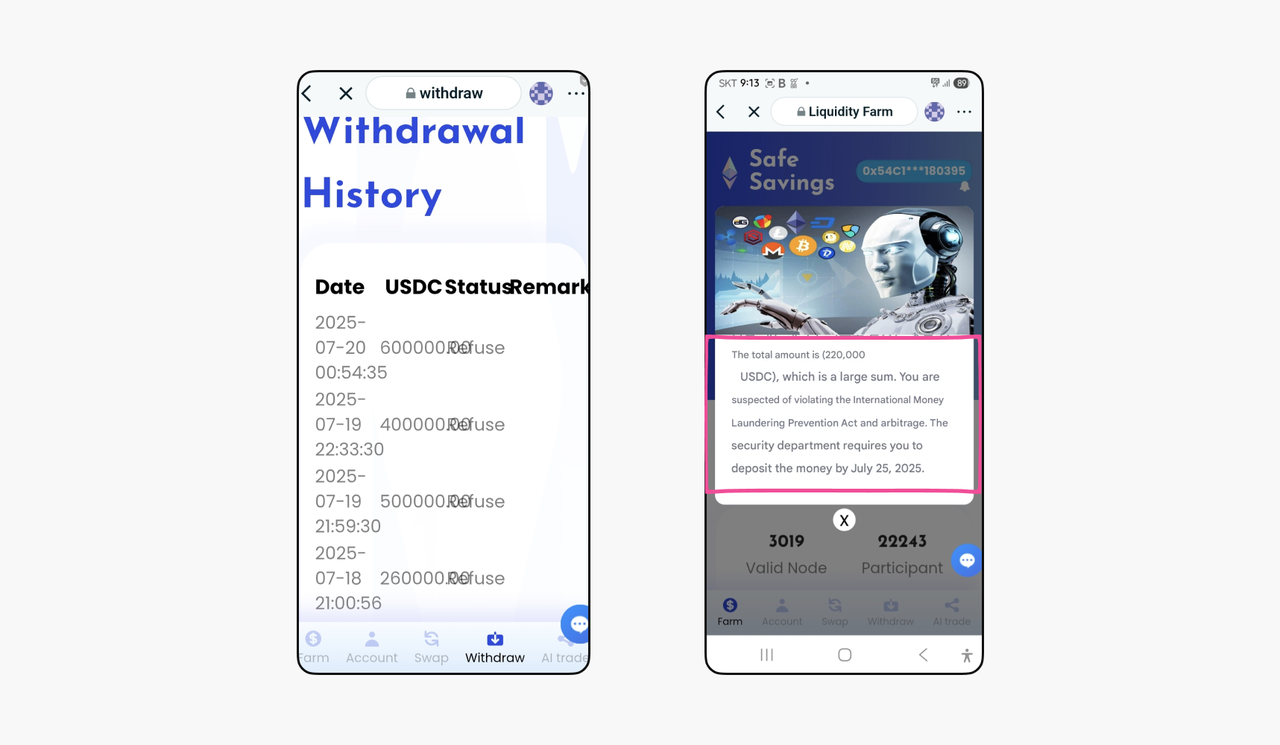
4.
Continued Extortion and Reporting
On August 8, 2025, fake customer support demanded a $10,000 “account unlock” fee, again threatening with asset freezes.
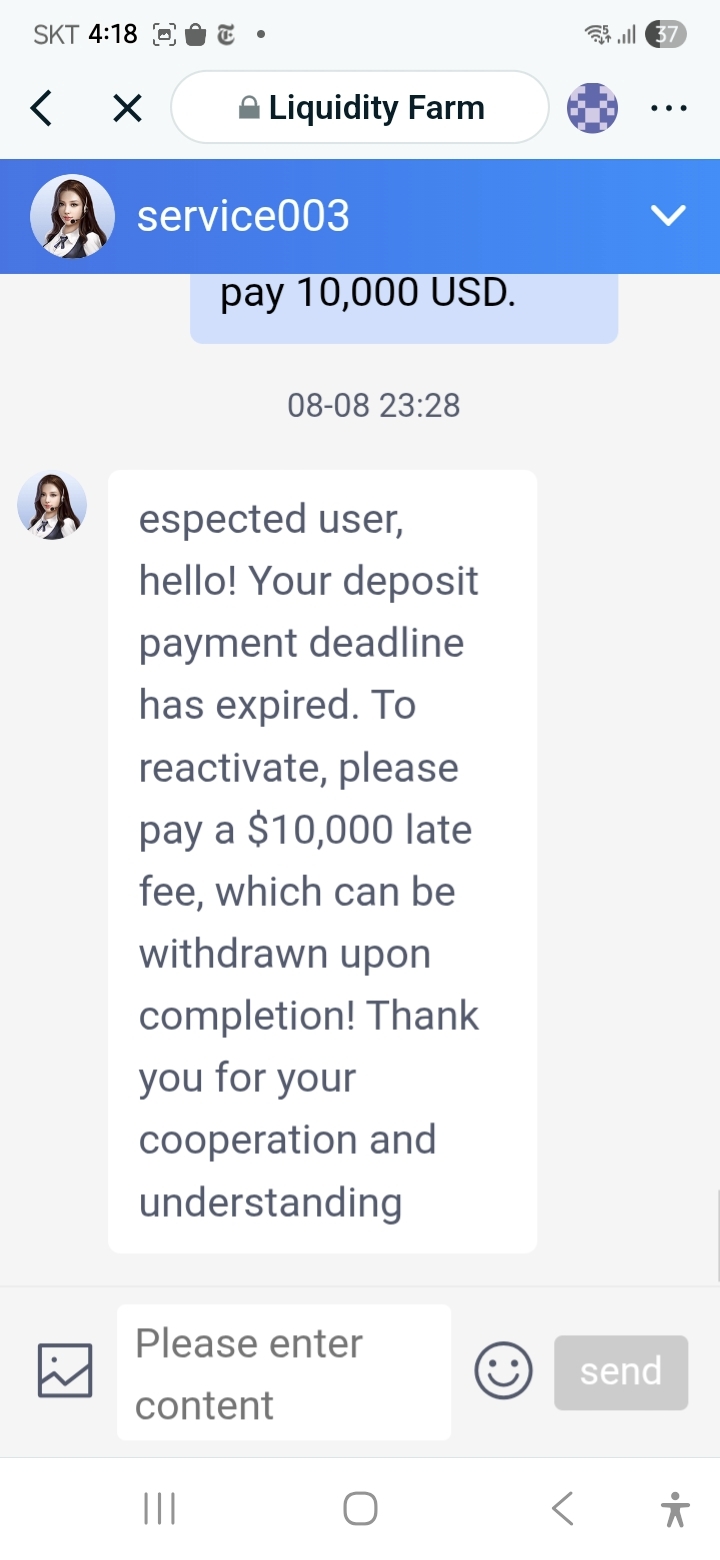
The victim reported the case to law enforcement in multiple countries, including the FTC, FBI IC3, and Hong Kong police. The fraudulent link was immediately blocked in Bitget Wallet, and additional security measures were implemented to prevent similar attacks. Unfortunately, the stolen funds have not been recovered.
What to Do If You Encounter Crypto Fraud
1. Collect Evidence and Stop Contact
Save all relevant evidence: transaction IDs, chat logs, emails, and screenshots. These will be critical for investigations. Immediately cut off communication to prevent further loss.
2. Alert Financial Institutions and Your Network
If you’ve shared banking or wallet details, notify those institutions to take protective measures. Warn family and friends so they can avoid similar traps.
3. Report to Authorities and Platforms
Submit evidence to law enforcement, consumer protection bodies, and financial regulators. Also, notify the exchange or wallet service involved. Many regions have dedicated anti-fraud divisions — your report helps track and potentially recover stolen assets.
4. Use Community Awareness
Share your story on social media and community forums. Your experience could help someone else avoid becoming a victim.
Other common crypto scams to watch out for:
-
Phishing websites: Fake exchange or wallet pages that steal private keys
-
Airdrop scams: Free token offers that require malicious contract authorization
-
Ponzi and pyramid tokens: Projects that rely on new user deposits to survive, eventually collapsing
Official Safety Reminders
-
Never click or authorize DApp links sent by strangers
-
Even if a link contains a familiar brand name, verify it through official sources
-
Legitimate platforms will never ask for additional funds to unlock your account
-
Once assets are sent to a scam contract, recovery is extremely difficult
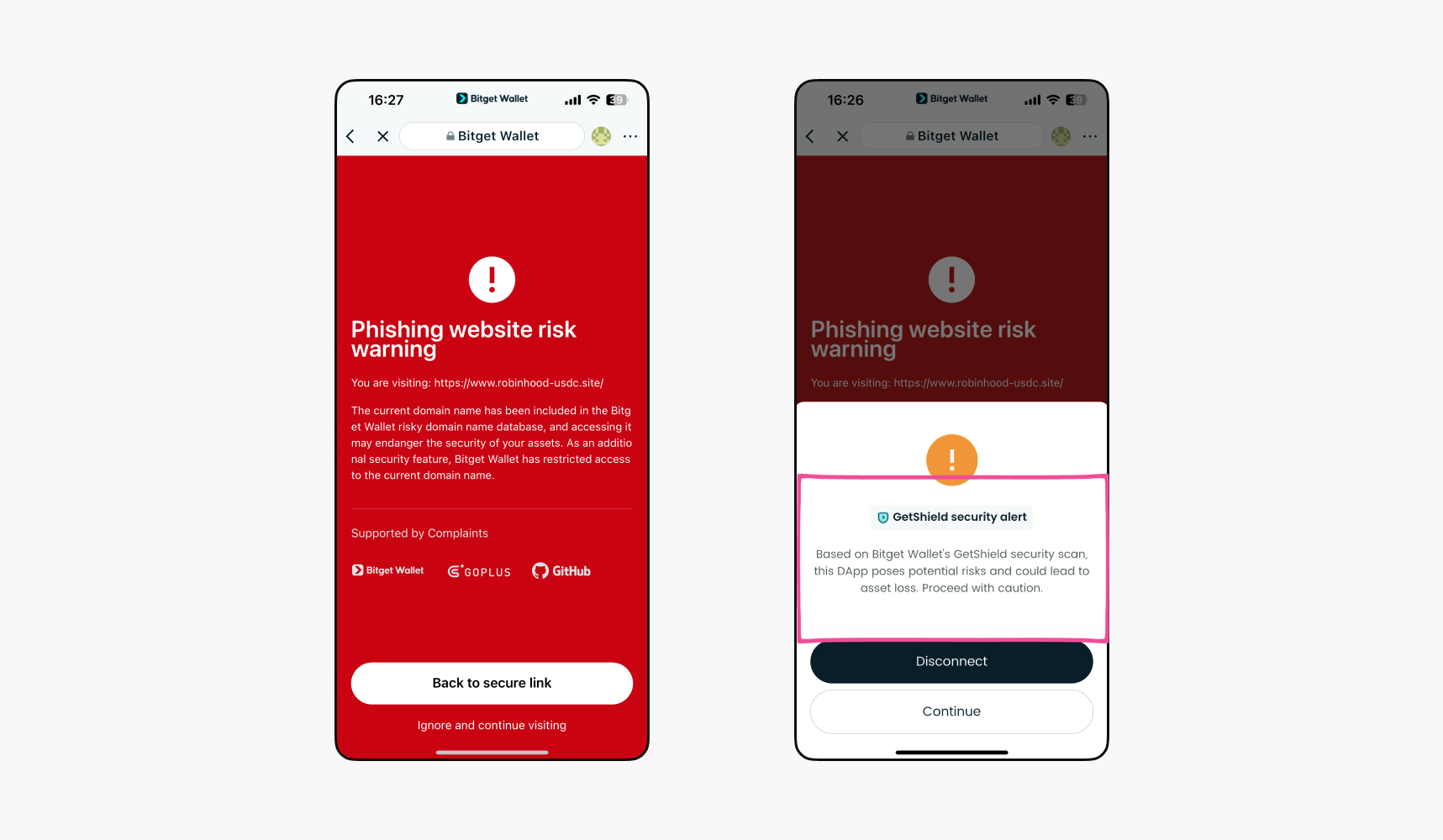
Red Flags to Look Out For
-
Strangers on social media encouraging you to access a specific DApp
-
Links mimicking well-known platforms, requesting wallet authorization and deposits
-
Sudden claims of “frozen accounts” or “investigations” demanding more funds
In crypto,
vigilance is your best defense. Always verify before you trust, and think twice before you authorize. By strengthening security awareness, you can protect both your assets and your peace of mind.
About Bitget Wallet
Bitget Wallet is a non-custodial crypto wallet designed to make crypto simple and secure for everyone. With over 80 million users, it brings together a full suite of crypto services, including swaps, market insights, staking, rewards, DApp exploration, and payment solutions. Supporting 130+ blockchains and millions of tokens, Bitget Wallet enables seamless multi-chain trading across hundreds of DEXs and cross-chain bridges. Backed by a $300+ million user protection fund, it ensures the highest level of security for users' assets. Its vision is Crypto for Everyone — to make crypto simpler, safer, and part of everyday life for a billion people.
 2025-08-13
2025-08-13Recommended
- AnnouncementBuilding Decentralized Finance in 2025: A Letter from Bitget Wallet CMO Jamie Elkaleh
2025-01-27








